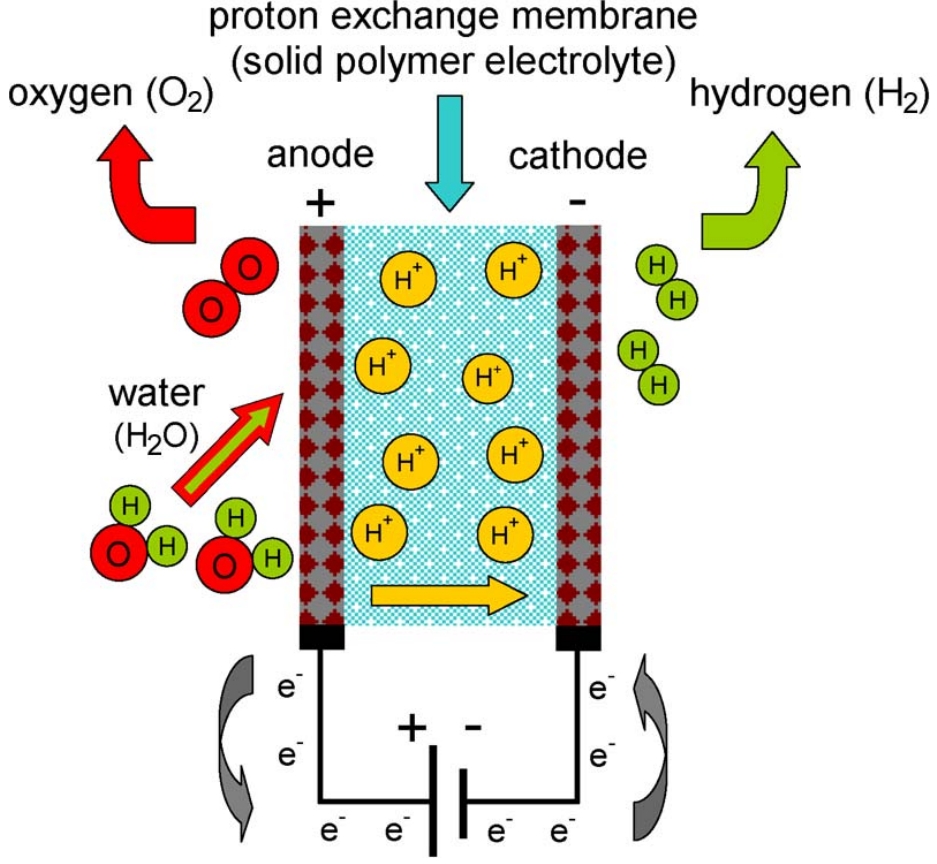Technology
- Name
- Generic Proton Exchange Membrane Electrolysis
- Owner
-
/ Undefined Technology Provider - Brand
- PEM
- Link
- Process
- Decompositions reactions
- Type
- Water Electrolysis
- Available
-

- #TE202
Description
Your insights will be shown here
| Technology Unit |
|---|
| Gas Separator |
| PEM Electrolysis Cell |
| Entity | Site (Country) | Asset (Plant) | |||
|---|---|---|---|---|---|

|

|
|
UpHy II | ||

|

|
|
Chloralkali |
Content provided by
| Transaction | Name | Date |
|---|---|---|
| Modified by |
|
6/3/2025 8:01 PM |
| Added by |
|
1/10/2023 10:49 AM |









